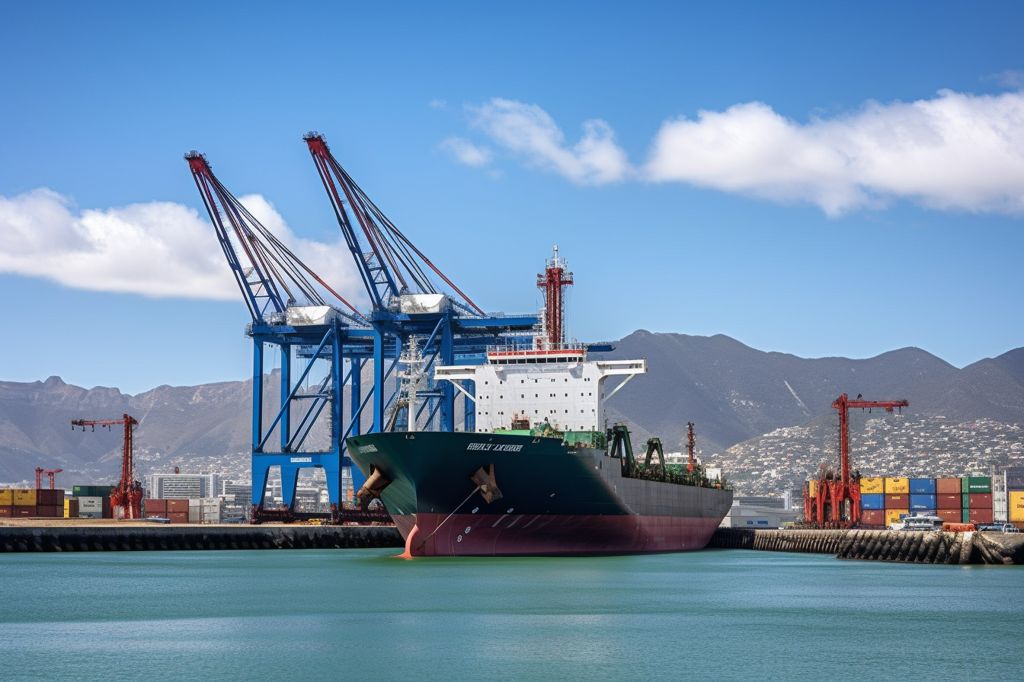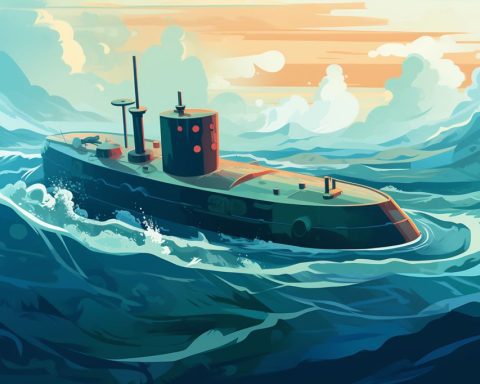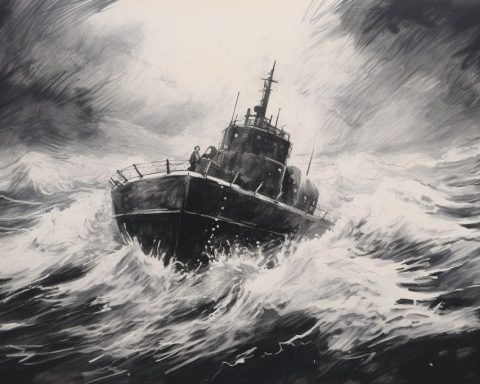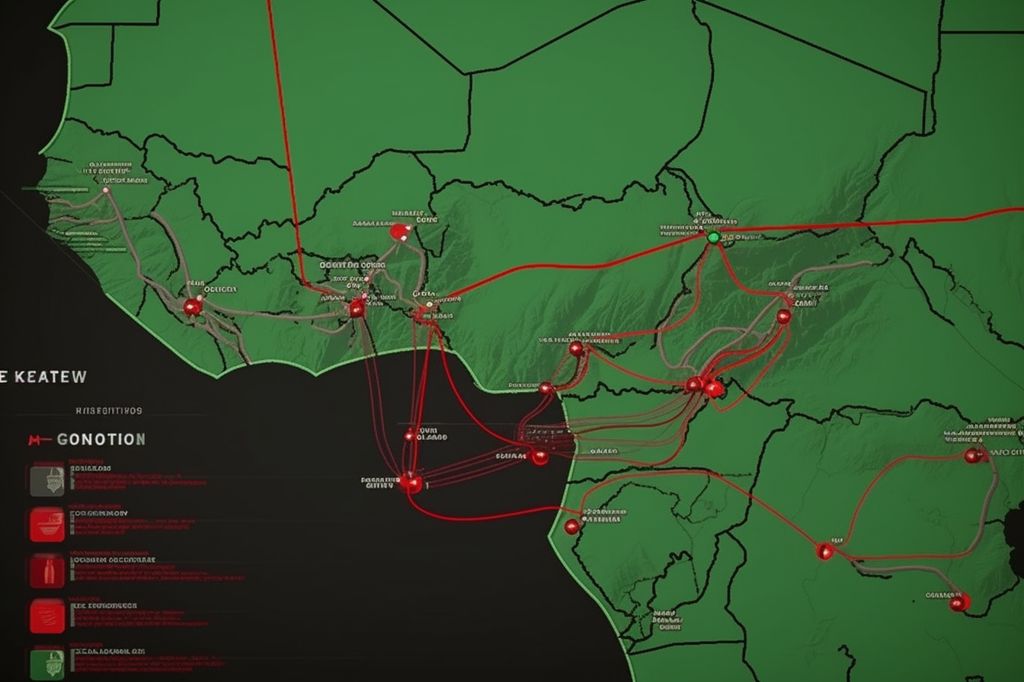Karpowership has been granted access to three major South African ports – Ngqura, Durban, and Saldanha Bay – for a period of 20 years. The National Department of Transport made this decision based on the National Ports Act No.12 of 2005, which empowers the Minister to approve applications for access to ports in the Republic of South Africa.
Approval Criteria
The decision to grant Karpowership access to the ports was based on the criteria outlined in Section 79(1)(a) and (b) of the National Ports Act. These criteria focus on ensuring the nation’s safety and upholding the Republic’s international obligations. The approval was granted after consultation with the Transnet National Ports Authority (TNPA), which supported the Minister’s decision.
Specific Conditions
The Minister granted the TNPA the flexibility to make key decisions in order to facilitate the implementation of this directive. The approval comes with specific conditions that Karpowership must fulfill. These conditions include the TNPA’s right to enforce any commercial and safety requirements or agreements throughout the 20-year period. Additionally, the directive is contingent upon Karpowership obtaining all required government approvals, including environmental clearances from relevant departments or authorities.
Implications
This decision marks a significant milestone for both Karpowership and the South African ports in question. Karpowership is expected to adhere to the conditions set forth in the approval, contributing to the growth and development of the nation’s maritime industry in the process. Additionally, this decision could pave the way for similar agreements in the future.
Challenges and Collaboration
Potential challenges and obstacles may arise as Karpowership begins its 20-year venture. However, the company’s adherence to the conditions set forth by the Minister and the TNPA will be a determining factor in its success. Maintaining open communication and collaboration between the National Department of Transport, the TNPA, and Karpowership will be vital to ensuring the mutual benefits of this decision for all parties involved.
Contact Information
For any additional information or media inquiries, please contact Spokesperson Collen Msibi at 082 414 5279.












